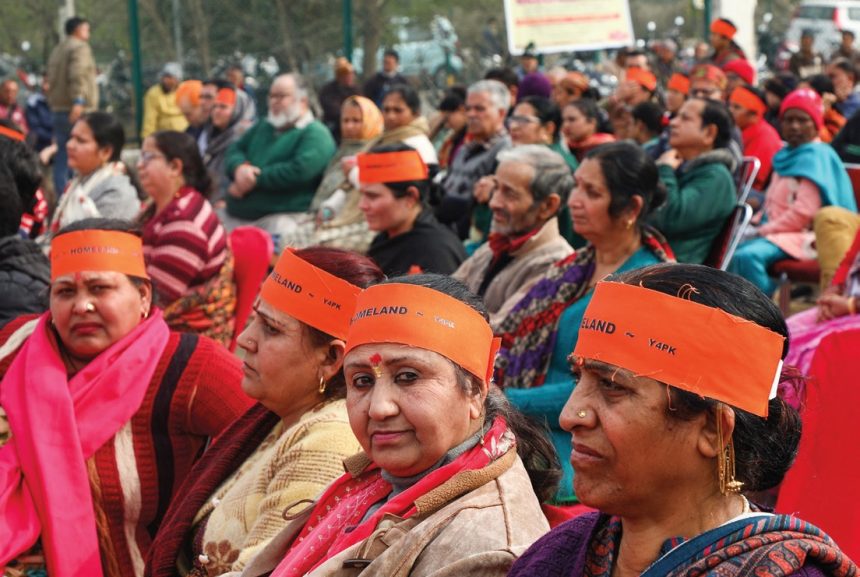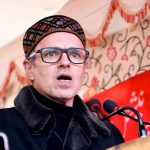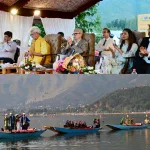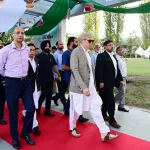Srinagar, Feb 14: The number of non-migrant Kashmiri Pandit (KP) families in the Valley continues to decline, with only 728 families remaining as of 2024, down from 808 families in 2021.
A recent survey by the Kashmiri Pandit Sangharsh Samiti (KPSS), an organization representing non-migrant KPs, highlights several socio-economic challenges that are contributing to this shrinkage. The survey points to economic hardships, lack of employment opportunities, security concerns, and the over-aging of youth as major factors behind the decline of the KP population in Kashmir.
The exodus of KPs in 1990 significantly impacted the community’s numbers, but the ongoing decline is driven by more current challenges. “The migration of 80 families between 2021 and 2024 was largely prompted by targeted killings in the Valley. Others relocated within Kashmir, particularly from South Kashmir to Srinagar, in search of better security and living conditions,” said KPSS president Sanjay Tickoo.
Tickoo added that despite support from the majority Muslim community, the KPs continue to face difficulties in securing government benefits. Their decades-long efforts to obtain employment and rehabilitation benefits under SRO 425 have been delayed due to bureaucratic hurdles.
One of the most pressing issues facing the community is the growing number of unmarried KP youth. “More than 100 young men and women have crossed the age of 42 without finding suitable marriage partners,” Tickoo said. “With fewer families, it becomes increasingly difficult for youth to find matches within the community, and inter-community marriages remain rare.”
The shrinking population is also affecting cultural and religious practices. A severe shortage of Hindu priests has made it difficult to carry out traditional religious rituals, with many families now opting for broader Hindu practices instead of distinct Kashmiri Pandit traditions. The disruption in the balance of life events—births and deaths—has further complicated the situation, making it harder for the community to sustain its customs.
Recently, Mirwaiz Umar Farooq called for trust-building efforts to encourage the return of Kashmiri Pandits to the Valley. While Tickoo welcomed the sentiment, he emphasised that reconciliation efforts need to be driven by the both communities. “Though Mirwaiz’s call is a positive step, such efforts have been made before, in 2010, at the civil society level. This time, it must be the youth from both communities who take the lead, as the elderly alone cannot drive change,” Tickoo said.
However, he underscored that the return of Kashmiri Pandits will not be feasible without concrete government action. Tickoo expressed concern that, if current trends continue, the presence of Kashmiri Pandits in the Valley could diminish further over the next decade. The lack of a structured rehabilitation policy, coupled with ongoing socio-economic challenges, is threatening the community’s survival in their ancestral homeland.








